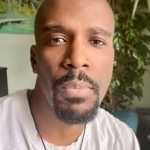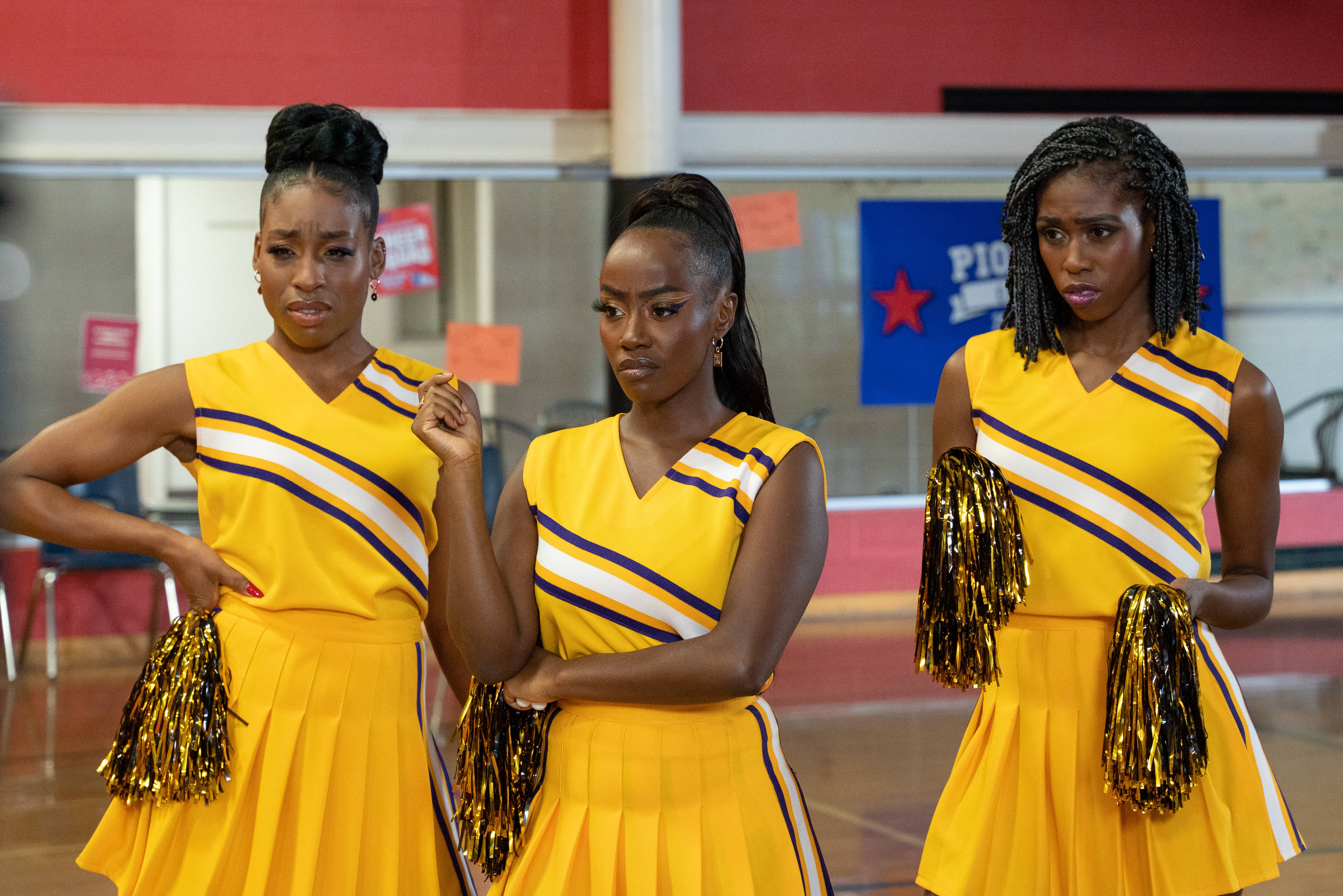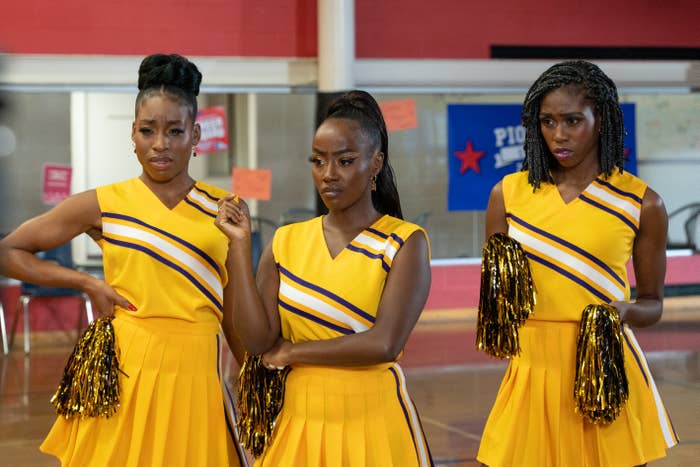
Somewhere, within the first five minutes of Revenge of the Black Best Friend, a CBC Gem six-part series, is a familiar but very unfamiliar moment:
“When you realized the cheers were stolen, did you stop performing them?” asks the lead Black cheerleader with her fellow head-tilting teammates. The lens homes to the accused, her stunned expression at the ready. The excuses come in droves as white invisible tears shed—the queued cultural appropriation lesson isn’t getting through. With every passing second, the white cheerleader muffles the Black critic in front of her until the unfamiliar happens: “Is your script in danger of creating another sassy and sidelined Black antagonist?” asks a narrator. And from here, it isn’t the line that gets you, it’s the not so obvious hook; that this is coming from a Canadian series.
Created, co-written, and produced by Amanda Parris, Revenge of the Black Best Friend revels in the art of satirizing Hollywood’s tokenization of Black actors with Canada as the jointly accused. Starring Olunike Adeliyi as self-help guru Dr. Toni Shakur tasked with representing scorned Black characters, the sketch show makes use of the discarded side-heroes, sidekicks, best friends, and Black-dude-dies-first dudes (from Bring it On to Harry Potter) to bang a message home.
“I remember going back and binging a bunch of content and having a rude awakening that the Black characters I remembered weren’t as important as I thought,” says Parris who originally pitched the idea for the show in 2018. “They barely had any screen time, rarely had last names, and likely didn’t have parents.”
For Parris who has spent decades as an activist, artist, hip-hop educator, and community worker, she’s proven to be comfortable with presenting the truth whenever it presents itself. The resulting Revenge of the Black Best Friend is only one comedic extension of that truth: that simply giving a Black actor a speaking role is no pardon from demoralization—a practice that the Canadian media industry is only now being compelled to recognize.
Having recently become a recipient of the Canadian Screen Awards Changemaker Award honouring her fight against inequality (alongside sports anchor Kayla Grey and writer Kathleen Newman-Bregmang) Parris took the time to talk about the series that has been as much a reflection of Canada’s media industry as it is a self-reflection for herself.
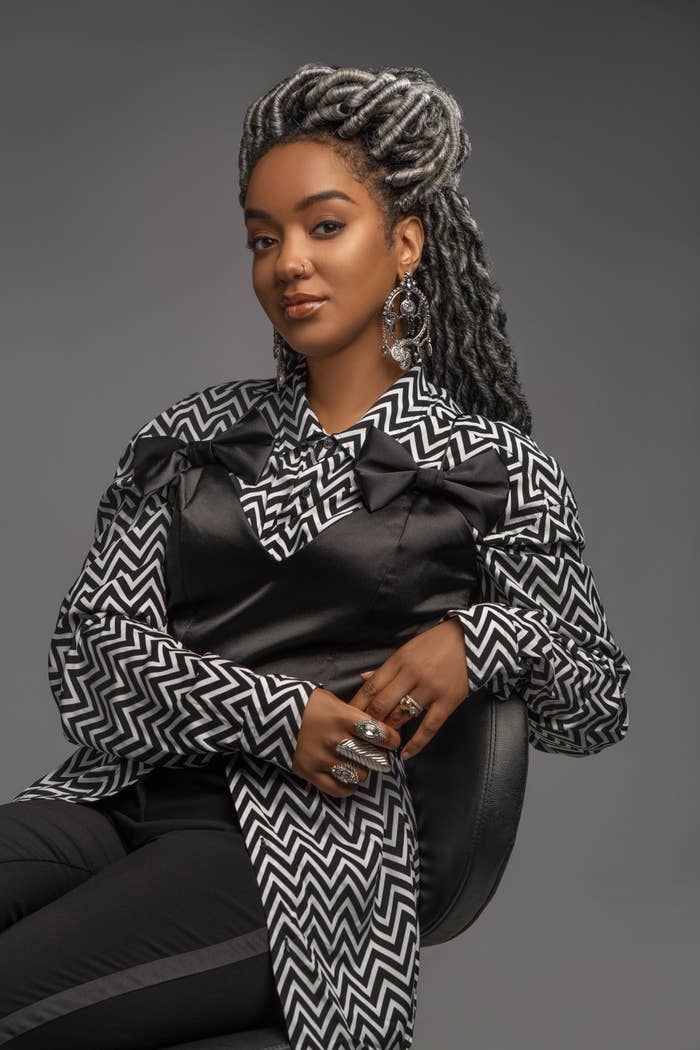
Firstly, congrats on receiving the Changemaker award along with Kathleen and Kayla. Given how long you’ve been advocating for progress, what does that kind of recognition actually mean to you?
When I first got the email about receiving it, there was a moment of ambivalence and a bit of imposter syndrome. It was a pause of wondering why this award was even created in response to 2020 and these questions around its purpose and meaning. But once I read that I was being named alongside Kathleen and Kayla, a lot of those questions fell into the background because I have so much respect and admiration for the ways they both utilize their platforms and voices. I just felt really honoured.
But afterwards, we were able to see the video messages of those who nominated us for the award. Having the experience of hearing those who I respect, admire, and consider my peers justify their reasons placed me in a moment where I had to press pause on all the cynicism and skepticism that got in the way. Instead, I reflected on the journey and the affirmation of that journey. That’s what the award later became and I felt so thankful for that.
When you mention affirmation, is acknowledgement something that you’ve actively desired from this industry?
I don’t think so. I came to this industry pretty late and started working in film and television after having already done a decade of community work. The stakes were so high in that space, so I entered this industry having a strong sense of principles, and a purpose for why I was here. I don’t feel like I look to the industry to affirm or acknowledge me necessarily. I look to the community for the confirmation that I’m still walking the right path and fulfilling the promises that I made to them.
It’s why I think about the community as the audience I’m most considering. I want them to feel reflected, affirmed, and challenged by the work. But I also want them to find escapism and entertainment through it as well. I’m grateful for the access I’ve been given, but I’ve never looked to the industry for acknowledgement.
As someone who’s spent a career trying to change media for the better, I gotta wonder what it’s like to be able to put something like Revenge of the Black Best Friend together. It’s a show that doesn’t compromise the message, which in itself is a privilege.
Yeah, when I first pitched the idea for Revenge of the Black Best Friend it was 2018. Between the time it was pitched and launched into the world, I’ve felt like so many projects changed film and television in general.
The idea actually started as a therapy support group for Black actors who had been cast in token roles and the sessions would be for the characters themselves. But the Astronomy Club: The Sketch Show ended up doing that exact same sketch, so my idea was no longer my idea [laughs], just this thing in the zeitgeist that someone else with more resources came up with first. There were a ton of moments where I thought that the show wouldn’t be necessary. But forcing us to name Canada in the critique made it particularly relevant because I don’t think the industry in Canada has been forced to confront these issues in a way that the United States and Hollywood have.
“When we don’t have a system for creating stars, it seems like everyone is grinding at the same level over and over again. The ascension becomes really hard to achieve unless they leave. And you can take that same critique and apply it to music or many other realms in Canada.”
You also mentioned in the past that the series was inspired by a need to acknowledge actors minimized within media through your proximity to the arts. On a grounded level, what were some of those conversations like?
It wasn’t a series of going around and interviewing people about their experiences. It was more of a general realization, and energy based on my role as someone who’s been in the theatre world. I’ve seen so many talented Black Canadian actors doing incredible things on stage through these larger-than-life characters with range and emotional depth. Those same actors would then let me and others know that they were guest starring on some television show or on the verge of becoming a recurring character on a TV show. So you tune in all excited because it sounds amazing and then you see it. A simplistic character who’s the best friend to the lead, or the partner to the lead cop, and none of what you knew them as capable of being was on display.
I remember feeling so much disappointment on behalf of those actors and for the projects themselves because the industry seemed to miss out on an incredible opportunity to make the best use of their talents. This is a shared experience among many artists in Canada. It’s the feeling that you’re constantly emerging. When we don’t have a system for creating stars, it seems like everyone is grinding at the same level over and over again. The ascension becomes really hard to achieve unless they leave. And you can take that same critique and apply it to music or many other realms in Canada. They’re all working so hard without feeling like they’re getting anywhere.
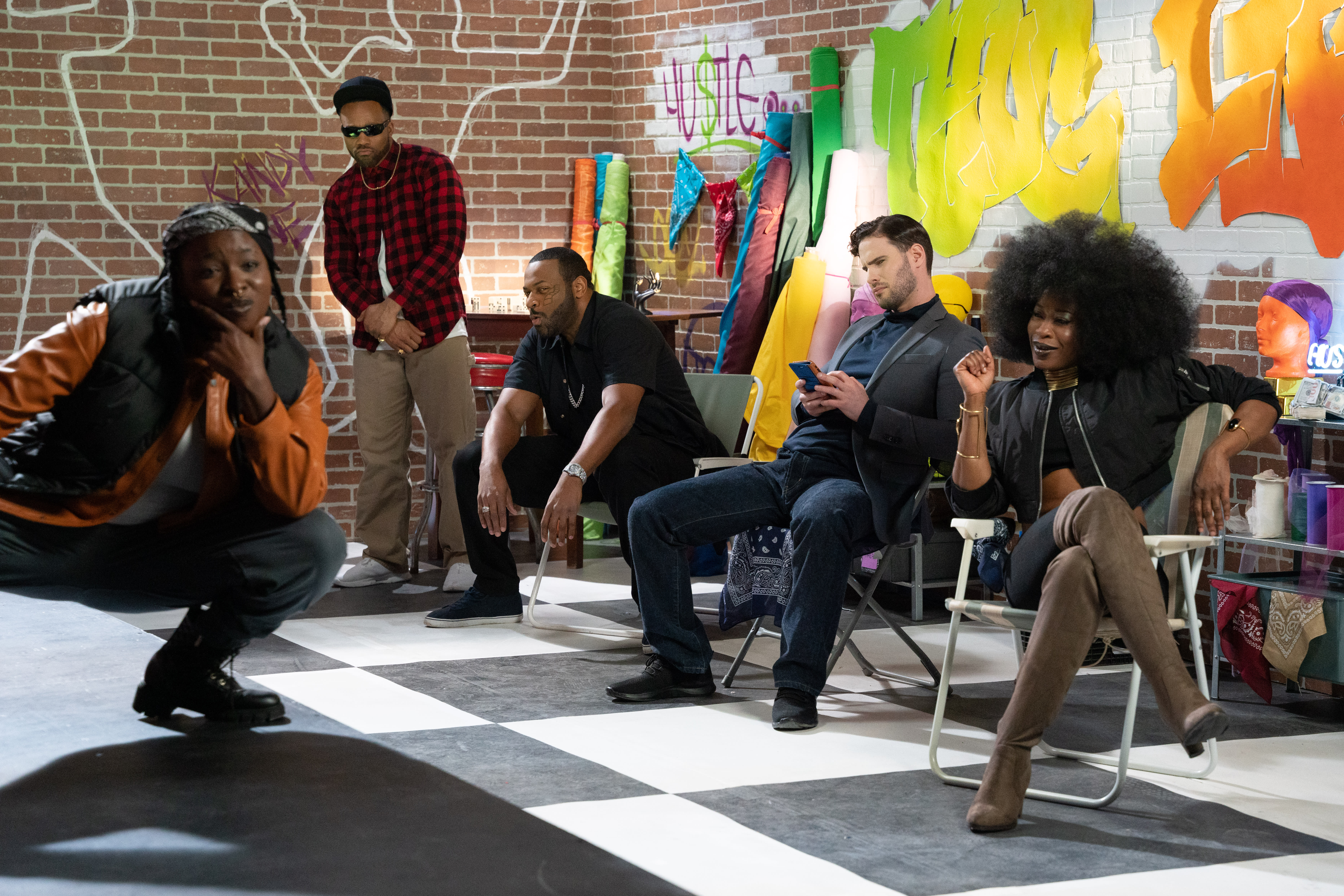
There’s always this danger of these topics about tropes coming off as unoriginal and preachy. These aren’t exactly new topics and they had no business feeling as fresh as they did. Were these issues that you guys considered? If so, how did those discussions manifest?
We definitely considered it. From the very beginning when I started pitching, I wanted to make sure it was a comedy, which was a really scary thing to do. I’m not a comedian [laughs]. I’ve never written a comedy before, so I don’t know who the hell told me I could do one. But I just had a feeling that this would be the easiest way to explore this particular topic. I come out of academia. I can do the intellectualizing thing all day. There’s always an important need, time, and space for that. But I personally felt that exploring this topic comedically would open it up to a broader audience who might be more amenable to the critiques that we’re raising rather than being lectured at.
When we gathered in our incredible writer’s room led by Wendy Motion Brathwaite, Keavy Lynch, and Seneca Aaron who are far more experienced screenwriters compared to myself, we all were equally unfamiliar with the comedy world of writing. It was a gift for all of us to get out of our dramatic spaces to push ourselves to find the funny. We also had those conversations about the points where we’d want to get heavy or keep it light. So from the very beginning, I didn’t think this could be a sketch comedy show because it would fail. I didn’t know how to do that. It couldn’t be a sitcom either, because it would fail. I didn’t know how to do that either [laughs]. We had to find our own vibe here. We needed to get comfortable with the gray area.
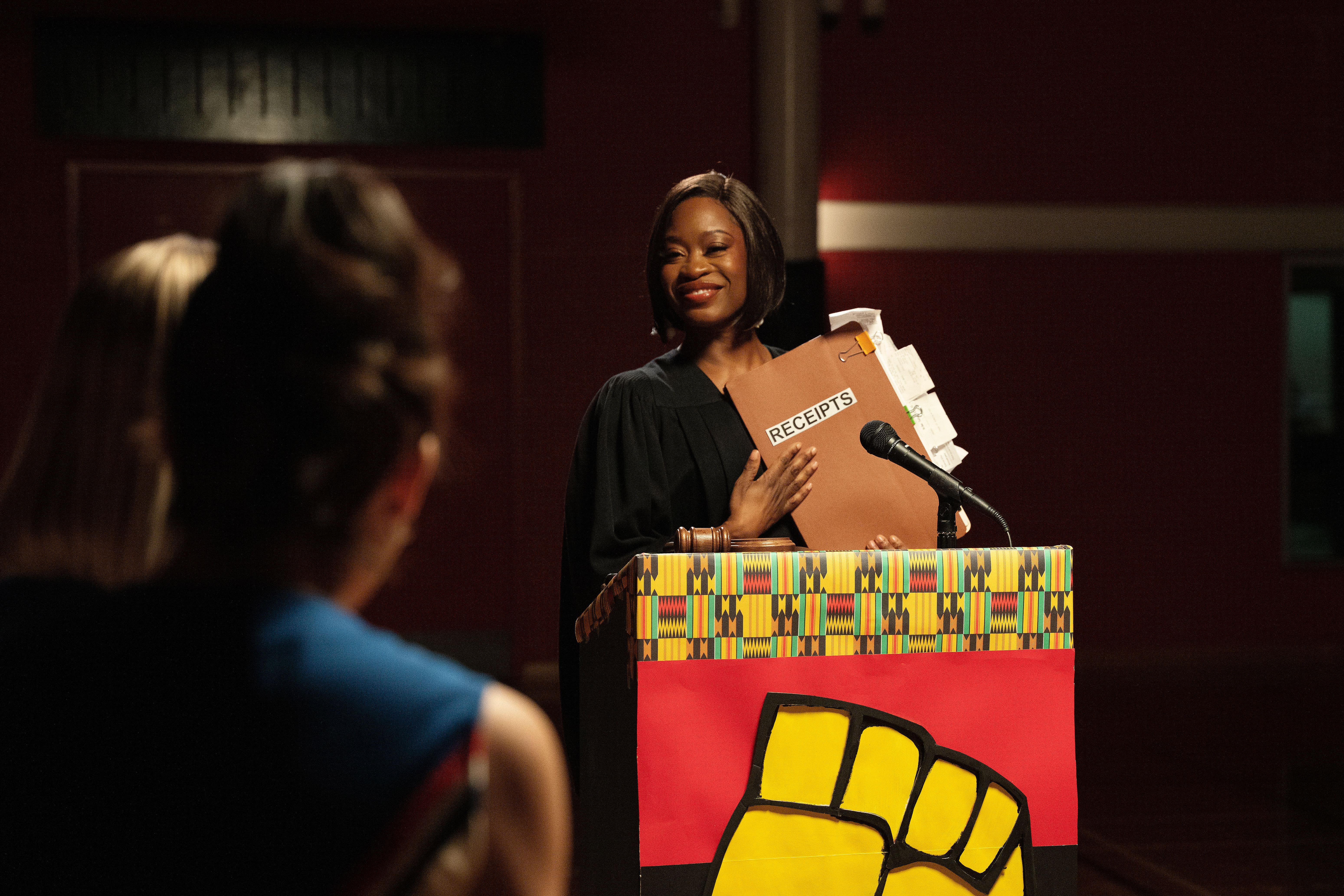
It seems like you guys found it. I caught all my nostalgic favourites from Buffy to Harry Potter as a fan. It makes me want to know about your own relationship with TV growing up and how that probably informed your ideas.
Oh, I love TV! I come from a TV watching family and it was bad. We always had a DVR running. I’m trying to be different as a parent but we all still love TV. I actually started working in theatre primarily because I didn’t know that I could work in TV. If I knew otherwise, I would have gone straight there because it’s always been a medium that I really engaged with. Between novels and television, those are the two loves of my life in terms of art. But I have to say that many of the pop culture critiques I made are from the things that I love and that’s a really important point. This show is a homage to all those things, not just a critique. I just remember going back and binging a bunch of content and having a rude awakening that the Black characters I remembered weren’t as important as I thought. They barely had any screen time, rarely had last names, and likely didn’t have parents.
“I feel like a lot of those in power are feeling threatened because their positions are being challenged while the traditional way of doing things is being shaken up.”
Let’s talk about Episode 6. There’s a grounded full-circle moment where the activist is now a contributor to the problem. Could you talk about that episode in terms of the process and your energy behind a finale like that?
Yeah, that episode took the longest to write and was the most difficult to convince others to go through with because everyone wondered, where’s the funny? Personally, it was important to me because I realized that in critiquing the industry with these pop culture references, we were spending a lot of time pointing the finger from the outside while also centering a white gaze. Although I feel like the whole series is affirming for any Black actor and audience member who has looked to see these issues addressed in some sort of way. It also felt like we were still centering the gatekeepers. And so I really didn’t feel comfortable closing the series like that.
I also have to say that I’m really not interested in anything that doesn’t allow me to also ask myself difficult questions. Dr. Toni Shakur could have easily become a magical Negro if she wasn’t nuanced. And so I kept bumping up against it as I began to think about Toni as myself. What are the questions that I grapple with? And what are the things that I’m challenged by? For a very long time, the question that she ends up confronting is a question that I’ve been thinking about for a long time myself. What happens when a social justice issue becomes your brand and career? What are the implications and dangers of that? This is a conversation we need to have amongst ourselves to the degree that it might become exploitative. Is there a degree to which you’re not working for structural change because it might make you irrelevant?
Have you found the answers to some of those questions you asked yourself?
No [laughs]. That’s why I suppose it’s the reason why I keep interrogating my work and recognizing the limitations of it all. I often think about what I might be doing if I wasn’t doing the work I’ve been doing. If I wasn’t thinking about questions around diversity, equity, inclusion, and racial injustice. If I wasn’t considering the violence against Black folks, anti-Black racism. What if I didn’t have to think about those things? What kind of work would I be creating? And I’ve also tried to do projects where I get to release my imagination. I think about the five-year-old me whose dream was to always be a writer. The short stories I wrote had nothing to do with race, injustice, or equity, but were about time travel and dinosaurs. I’ve wanted to go back to that kid. And if so, what would I be creating if I wasn’t thinking about all these issues?
I wrote a short film a couple of years ago called The Death Doula which was an attempt to create some of that space. I try every now and again to invite my imagination in to think about everything outside of the places that keep telling us that we must stay locked in. It’s really nice and it always feels like you’ve just been doing cardio for a long time until you’ve been invited to do some yoga. It’s been really liberating.
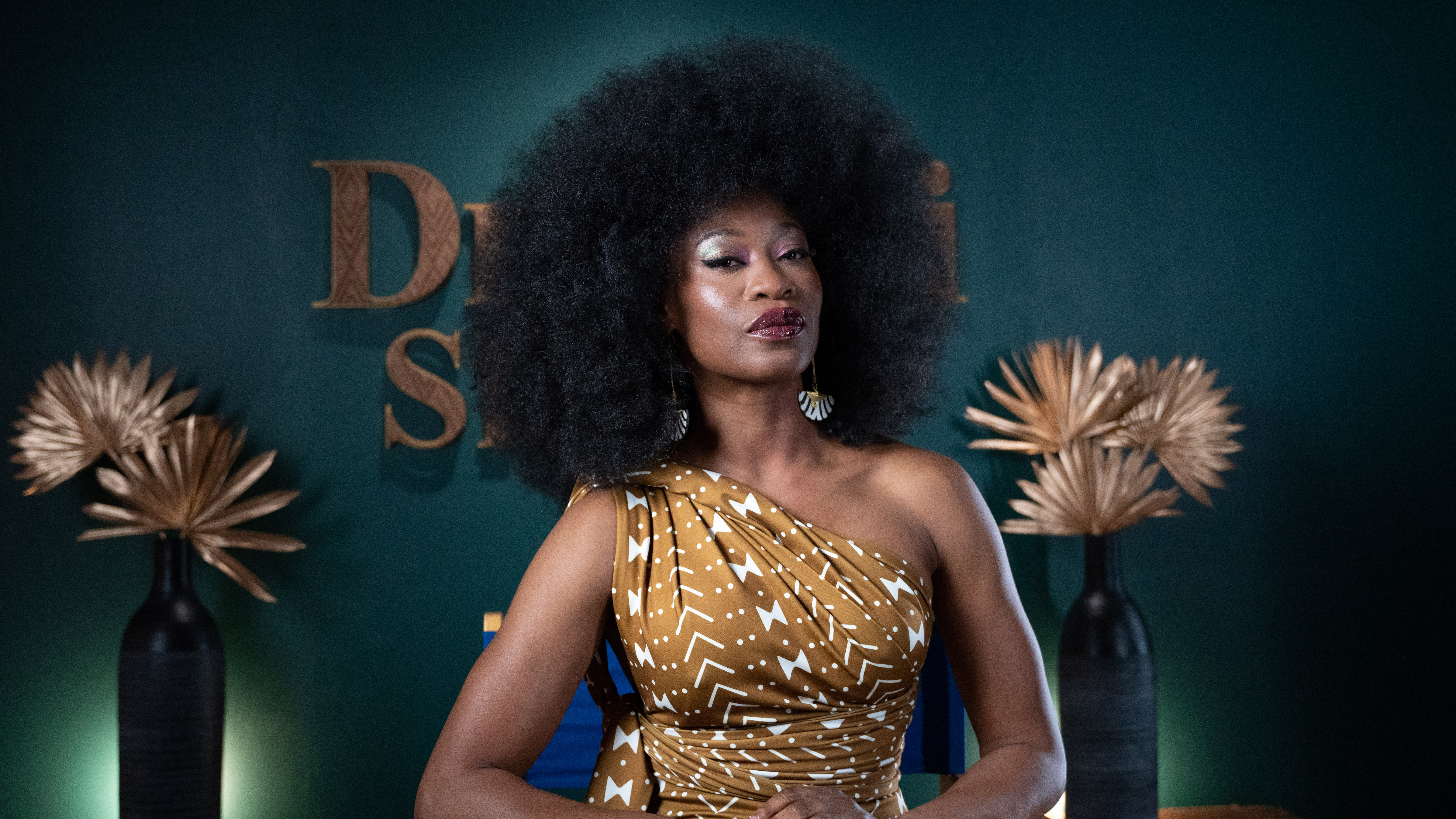
I’ve interviewed many Black creatives across the board and there’s a conundrum when gatekeepers are involved. Do you play in and change things from within? Or do you play out? What are your thoughts on that?
I’m not sure I have an answer since I’m very much in right now. But I used to be very much outside of it all. There’s freedom there but you lack the resources, money and platforms. That’s why The Death Doula was so important for me. I was feeling like I was being a little bit stifled in the space that I was working in. So I self-funded it. I didn’t apply for grants at all, I just pulled together all the people I cared about. Let’s make this little passion project. And yes, it was healing, wonderful, but it also meant that no one got paid which is difficult, because I value people’s labour. Revenge of the Black Best Friend was the complete opposite. It went through a pitch, it got all this financing and people were able to get paid. Thank goodness it didn’t affect my creativity but I had to do a lot of explaining which forced me to get good at explaining things.
There’s no perfect way to do this. Not putting all your eggs in one basket has been a strategy I’ve had for life. I’ve never wanted to feel locked into any one thing, place, or institution. I don’t want anyone to feel like they have ownership over my ideas or creativity. In that sense, it’s been really important for me to have a toe in and toe out at all times. It keeps me grounded and reminds me of why I’m doing this work in the first place.
That’s a completely fair answer. I don’t want to ask you for solutions on how to fix Canada’s TV and film industry. I feel like others have the responsibility to answer that. Instead, I’d like to know what continues to energize and give you hope moving forward.
It’s been a really exciting last couple of years for so many new ideas to come to the forefront. I think about a series like Next Stopand the amazing collective of people who created it. I think about a film like Scarborough winning Best Picture at the Canadian Screen Awards. A television show like The Porter gives me goosebumps because I can’t believe how monumental it is and how well it’s been received. I’m so excited that I get to work at a time when all of these things are manifesting which is a historic precedent. It would be one person who got the green light, and everyone else was still struggling as opposed to now. I don’t want this to be a moment but a standard moving forward.
I feel like a lot of those in power are feeling threatened because their positions are being challenged while the traditional way of doing things is being shaken up. We saw it at the Canadian Screen Awards with Barry Avrich suggesting that it doesn’t matter who tells Black stories. He’s since apologized, but him even saying that out loud was a reminder that there are people who aren’t interested in change. He isn’t an island in that sentiment so there’s still a lot of work to do. But my hope is maintained in the fact that there are so many folks opening doors for more folks. If we force so many in, the whole building can come crashing down because the structure needs to be rebuilt again. It doesn’t make sense the way that it is for these stories.
